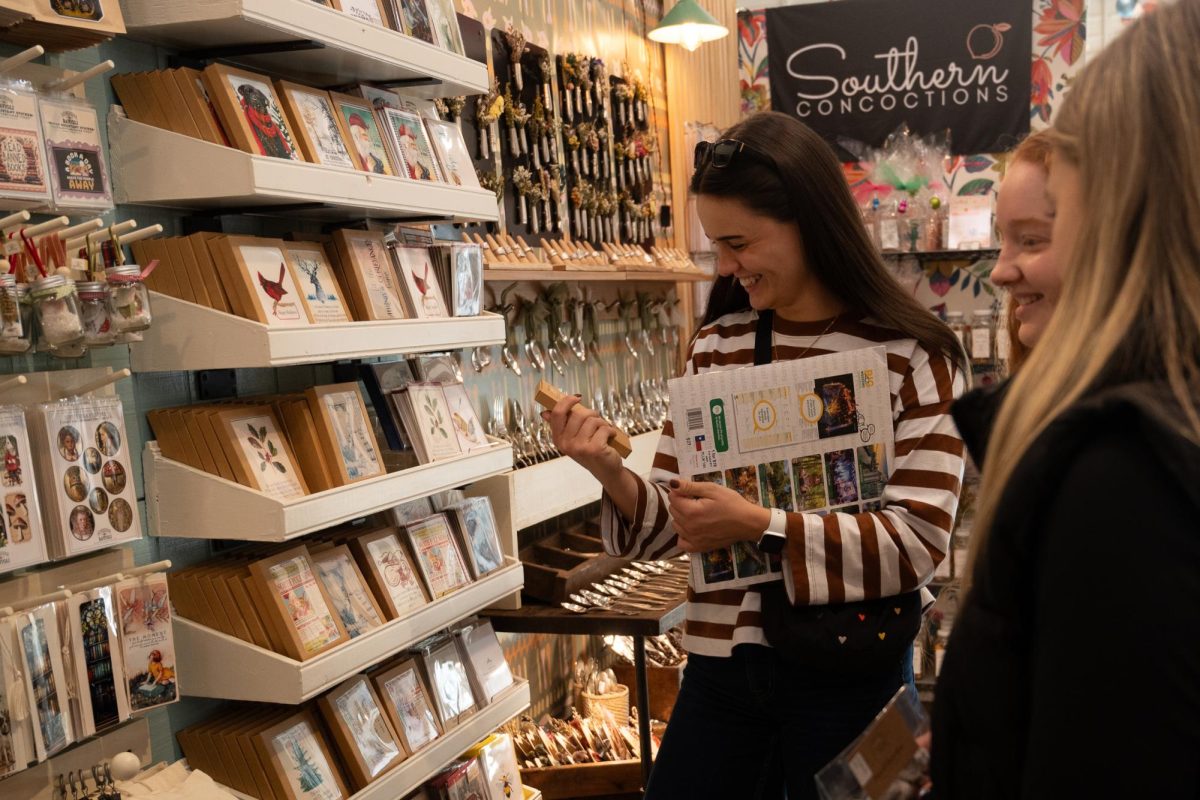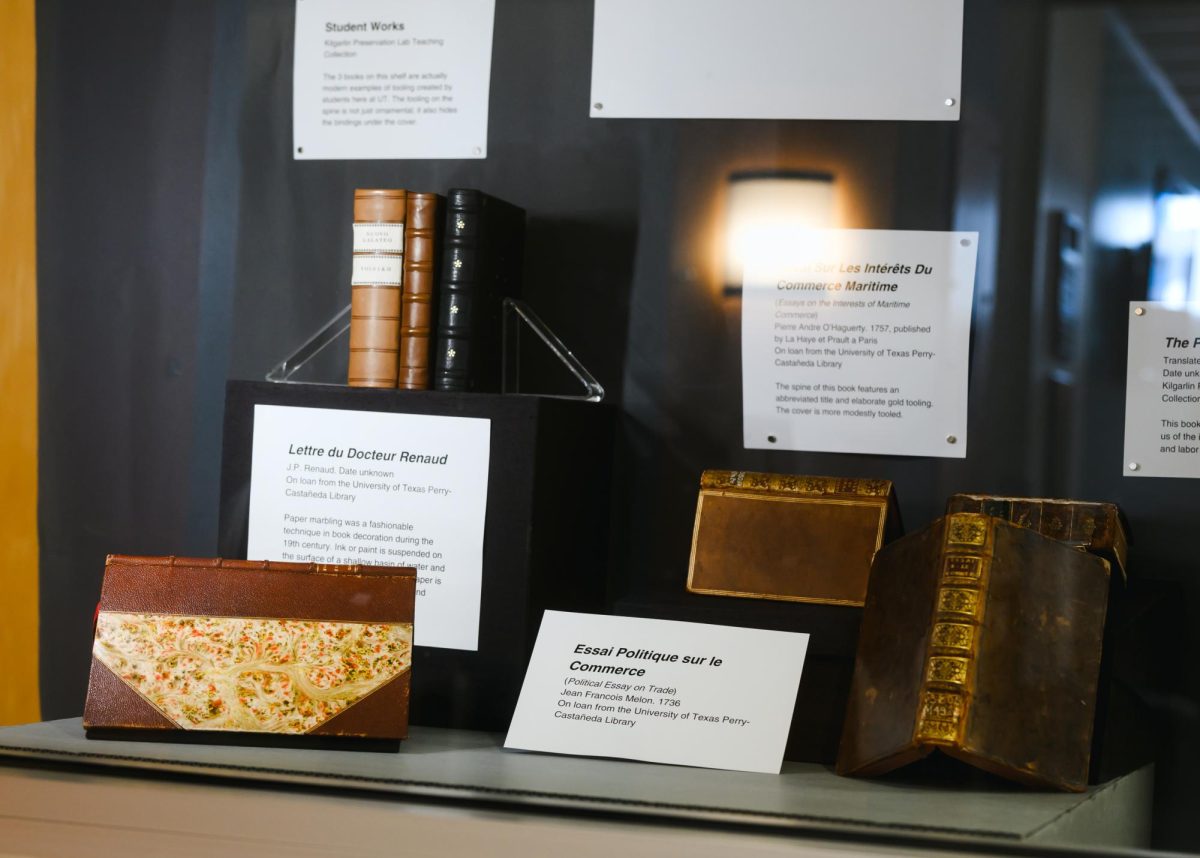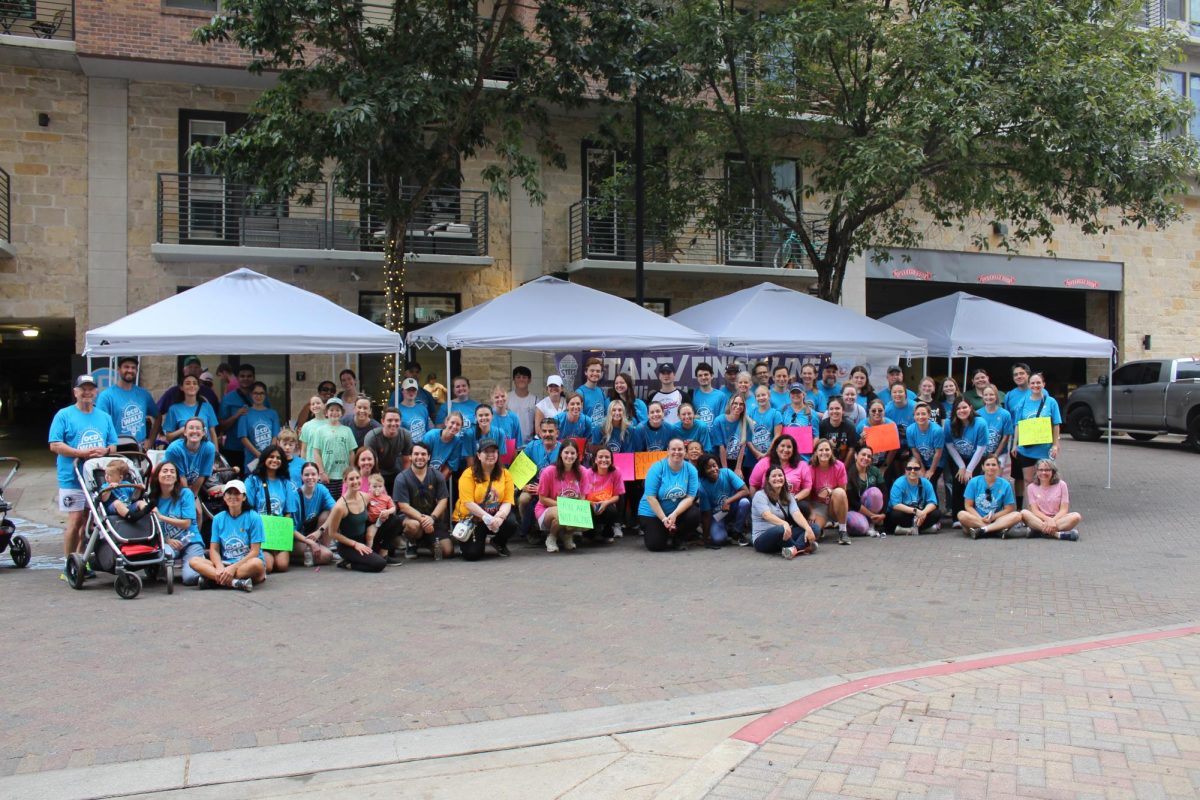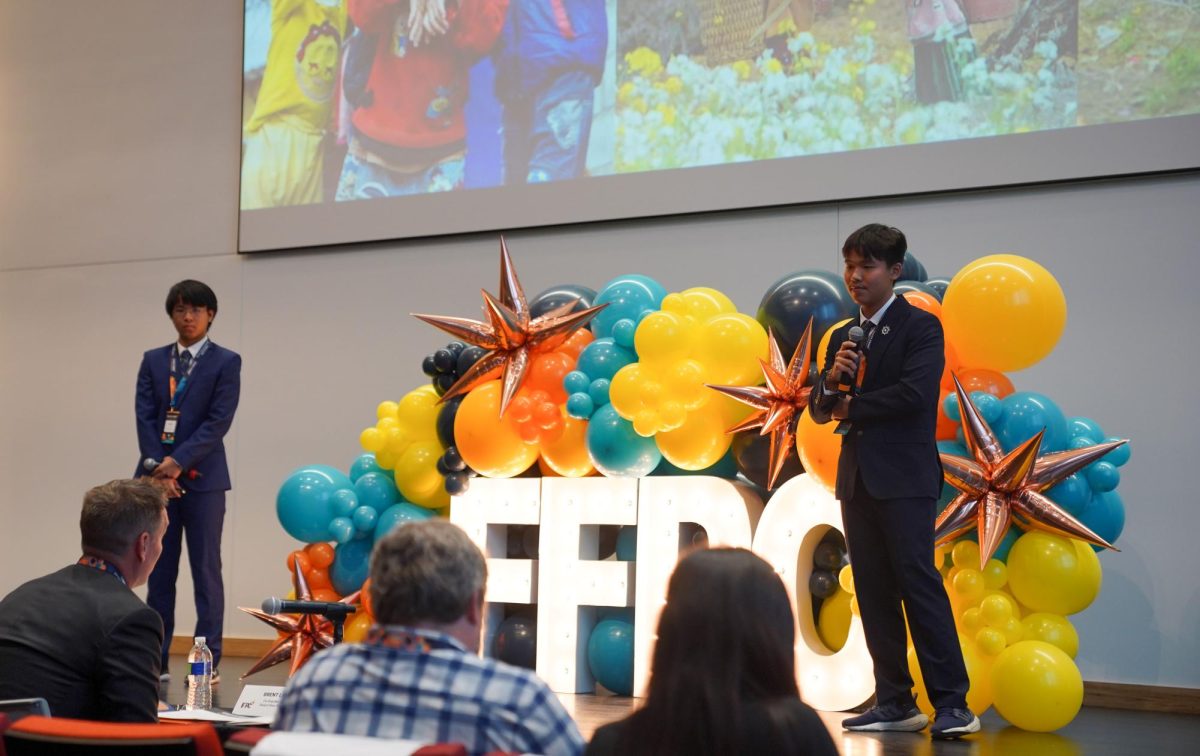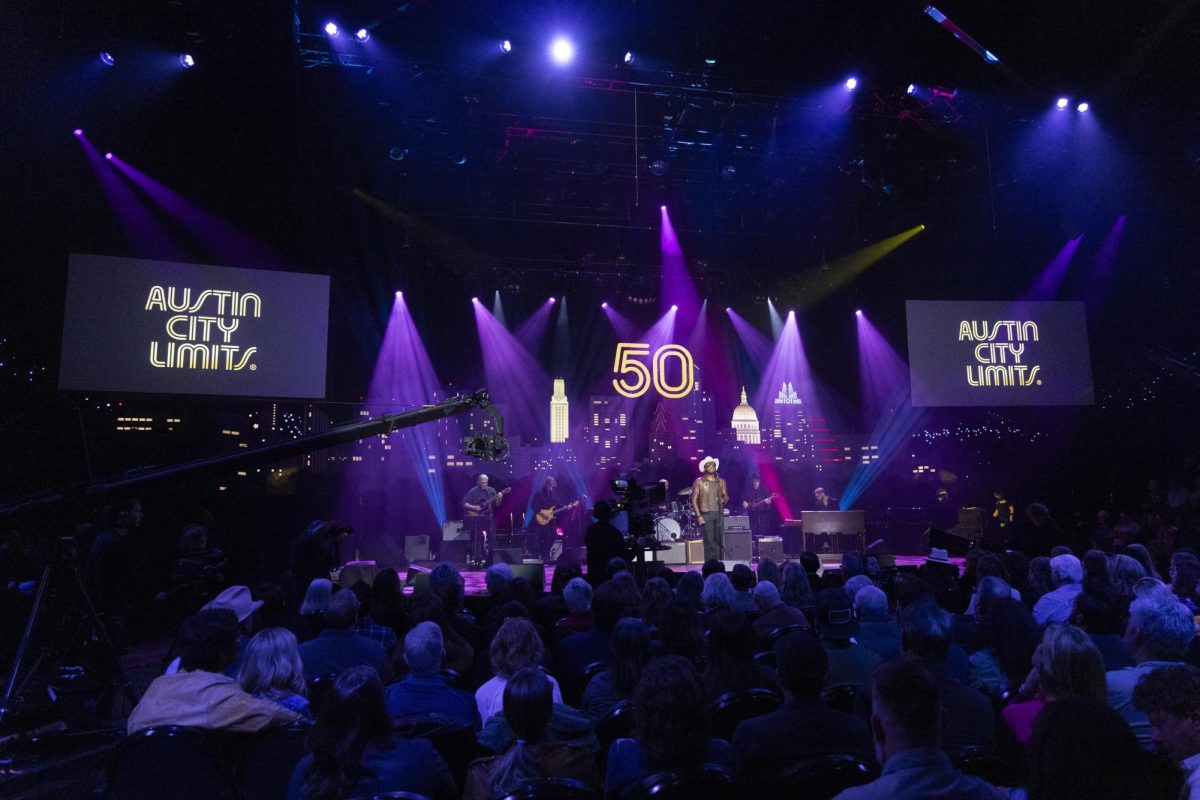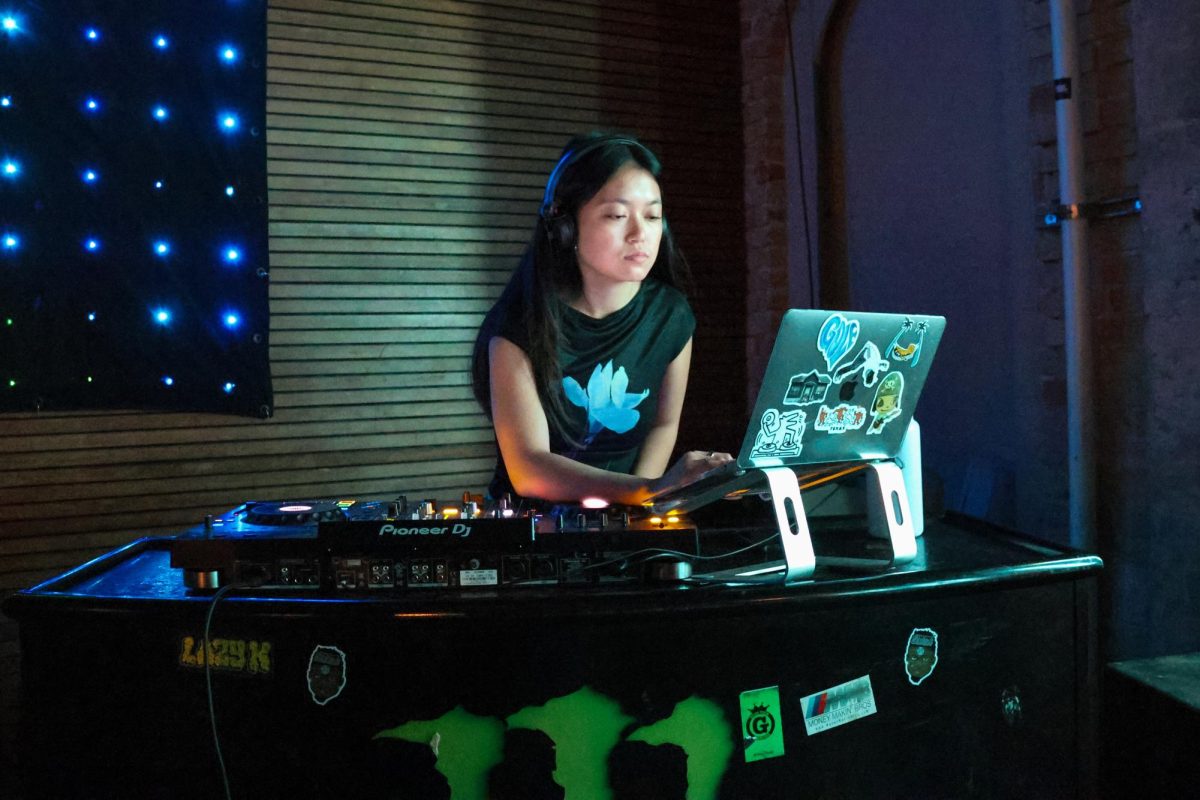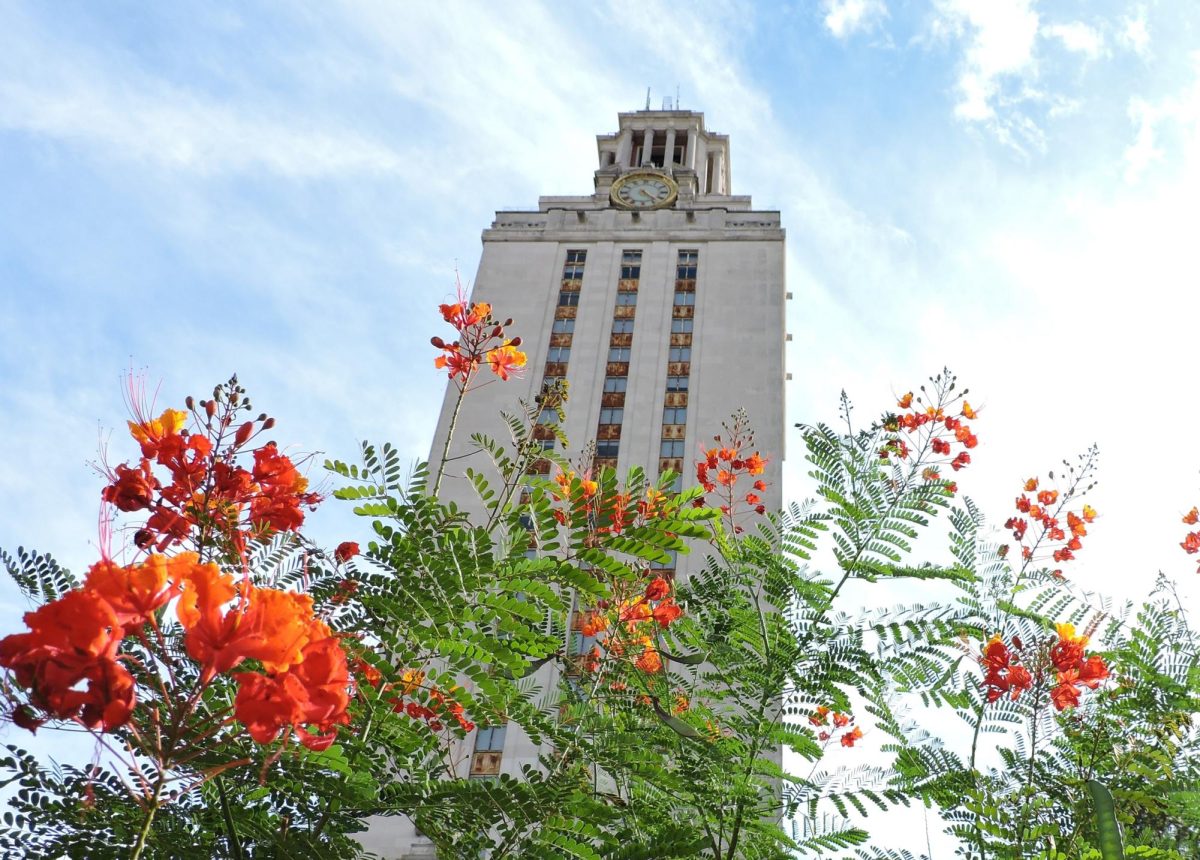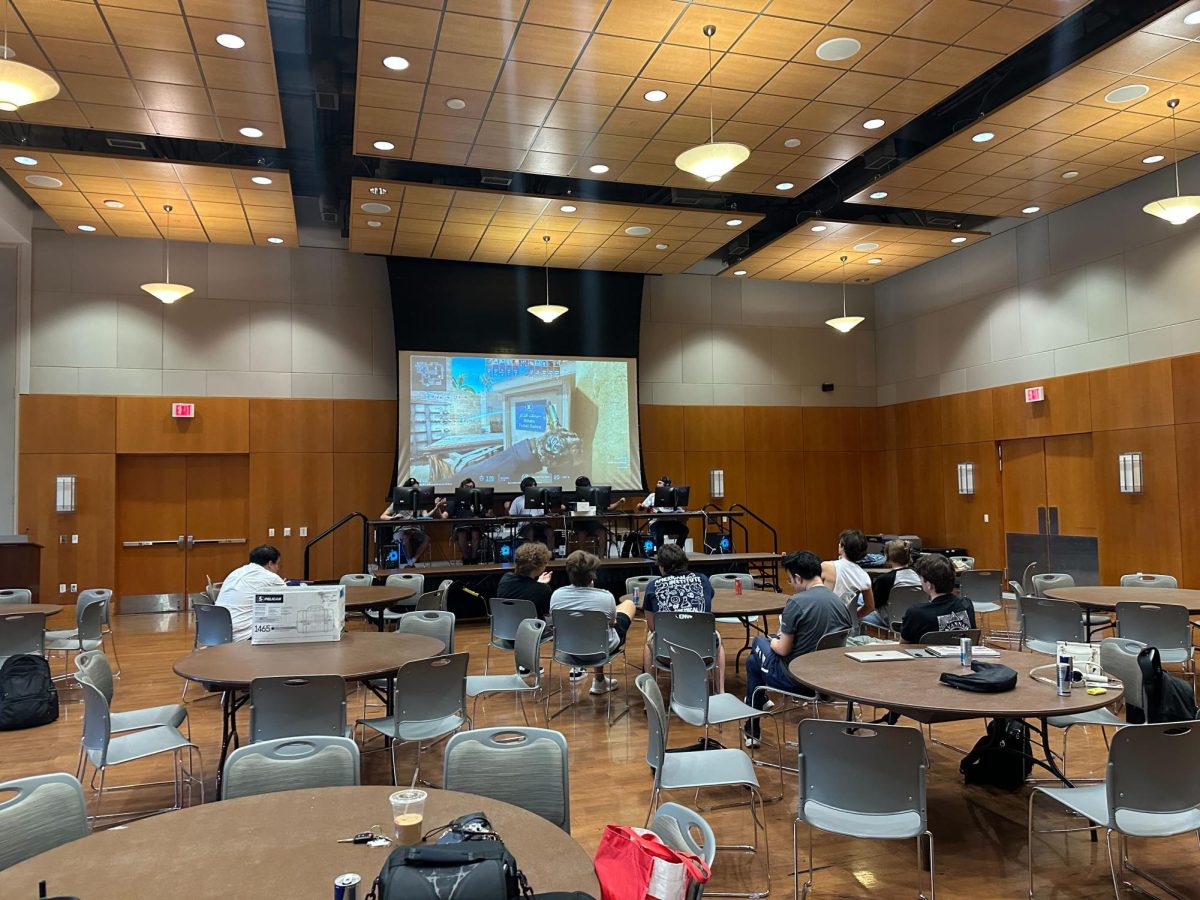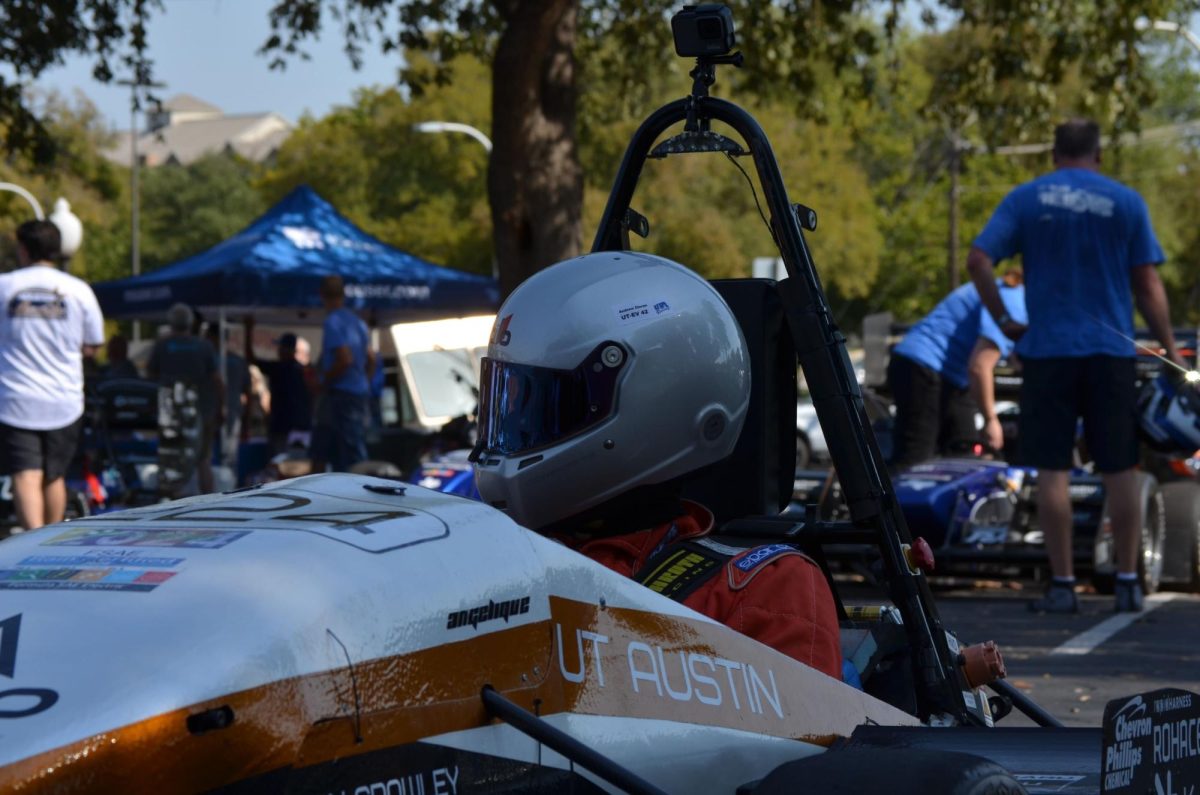Editor’s note: Portions of this interview were translated from Thai.
The 76-year-old head monk Venerable Bancha Temprom sits cross-legged on a golden-colored mat, eyes closed as he chants mantras. About 20 people in prayer, mostly Thai and mostly women, sit before him repeating the mantras. A couple new to the scene watches curiously, but it isn’t the first and probably won’t be the last intrigued couple to come wandering into the prayer room.
It’s Sunday at Wat Buddhananachat, a Thai Theraveda Buddhist temple in Del Valle just south of Austin. The doors to the yellow building remain open any day, any time of the week. The monks don’t turn people away. Even abandoned dogs have a place to go, lounging outside.
The “wat,” which means temple in Thai, is the closest of its kind to Austin that serves local Thai people. Laotians make up the next highest nationality of attendants.
“This is the only place Thai people can get together,” said Penny Sanghataiaree, an attendee of the temple. “It’s the center of the community.”
She comes almost every week to do yard work at the temple, bring lunch to the monks and help new visitors, regardless of ethnicity, familiarize themselves.
As she stands in the temple kitchen chopping a watermelon she’s sharing for lunch, Sanghataiaree’s voice can be heard from the dining area. When Temprom and a younger monk, Venerable Raem Poonnongwaeng, walks by, she pauses in her conversation to give them a jubilant greeting and “wai” — the Thai custom of greeting people with a small head bow and hands pressed together prayer-style.
Temprom has been head monk at the temple since it was established in April 1986. Wearing a mustard yellow robe draped around him, he walks with a slow gait and has the tan skin of a man who has spent many years in the sun.
Bespectacled with “Mad Men”-style glasses that would be considered vintage vogue now, Temprom smiles with easy grins and laughs with a gravelly but friendly lilt. He slips jokes in that could be missed and has an affinity for taking snapshots on a digital point-and-shoot camera.
A faded tattoo of hardly distinguishable writing can be seen on his right bicep — a monk master gave it to him as a symbol of protection and respect to Buddha when Temprom was 10 years old.
He is one of five monks who currently reside there. Born right before the onset of World War II in the rural town of Samut Songkhram near Bangkok, Temprom spent his childhood as a temple boy quietly ignoring the sounds of bombs.
“Sometimes, I would go to the river, and I would see dead bodies floating by,” Temprom recalled. “The adults pulled us away because they didn’t want us to see. I was young then, and I didn’t understand.”
After the war, Temprom left his hometown to dabble in small businesses throughout Thailand.
After years of shopkeeping, a marriage, the birth of his son and a divorce, it wasn’t until he was 39 that Temprom decided to become a monk. He wanted to discover what he describes as the essential in life.
“Selling things and buying a new pair of pants didn’t make me happy,” Temprom said. “I didn’t care about what I was doing. After I made the decision, I’ve never been happier.”
Monkhood is typically restricted to men, although there is a movement in Thailand pushing for acceptance of female monks. Some of the requirements to become a monk include being at least 20 years of age, debt-free and in good health. Monks also require new entrants to take a vow committing to monastery life and the pathway to enlightenment.
According to Theraveda Buddhism, suffering ends when craving ends. The perfect peace of mind, unaffected by suffering and boundaries, is called nirvana. Temprom’s goal is to eventually achieve this.
At the temple, he follows a daily schedule of prayer at 6 a.m. and 6 p.m. Patrons bring home-cooked meals and fruit to the monks every day, typically letting the monks eat first as a sign of respect. On the weekends, Temprom leads a group prayer service after lunch.
The monks chant mantras in Pali, an Indo-European language used in early Buddhist scriptures.
Families also invite him for religious services. In a donated gold Honda van, Temprom and the other monks have traveled throughout Texas for weddings, funerals and to visit new homeowners who ask him to bless their homes.
In his free time, Temprom does chores, reads Buddhist texts and acts as a spiritual teacher. He eats only two meals a day, breakfast at 8 a.m. and lunch at 11 a.m. — common for Theraveda Buddhist monks.
“Hungry? Yes, I get hungry sometimes,” Temprom said with an incredulous tone, as if to mean, “Hey, I’m only human.” As he adjusted his robes, Temprom added with a sly grin, “But I can drink liquids after lunch, so that’s what coffee and fruit smoothies are for.”
But when asked if his disciplined lifestyle ever troubles him, Temprom said without hesitating, “Not really. I feel better now than I ever did before.”

